Activist of the Month: Darcelina Soloria
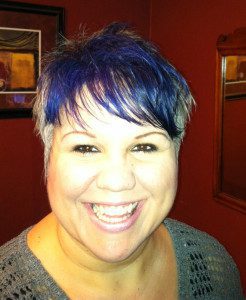
Darcelina Soloria met LEV Policy Director Amy Liu in October 2015 after Amy sent out public charter school information to parents. Darcelina was moved to take action and led a phone bank effort in December, organizing 15 people who each made 10 calls in a single night.
Since then, Darcelina has led 5 more phone bank events where she encouraged fellow volunteers to make 15 calls each time, urging legislators to support a fix for public charter schools.
Darcelina’s own public school education went without a hitch until high school, where she was able to pass algebra only because of help from a classmate. Her math teacher was emotionally unavailable and did not offer any extra support. She also did not know how to write a paper.
As you can imagine, Darcelina was paralyzed when she started community college. But thanks to instructors that were a better fit, she surprised herself by earning an A in English. She transferred to 4-year institution right out of community college and continued her upward learning trajectory with an A in English 101 out of the gate.
Darcelina realized her troubles in high school weren’t her fault – she just didn’t have the right teachers to match her learning style. Now she has an accounting degree.
Darcelina and her husband hadn’t planned on having children. When she found out she was pregnant with her son, it was a big surprise. She started thinking about educational options but lived in Hillyard, a Spokane neighborhood not associated with good public schools. And she couldn’t afford private school.
When looking at kindergarten prospects, Darcelina thought about Montessori but found Spokane International Academy, a public charter school that opened in Hillyard last year to help that historically underserved community. Darcelina applied and was thrilled when her son got in.
Darcelina appreciates the school’s focus in on kids and how they learn. She also is impressed by SIA Head of School Travis Franklin’s goal of helping students become community-minded and globally-oriented.
In kindergarten, her son is now speaking Spanish and writing papers. When he started, he was at pre-K level. By the time he gets to 8th grade, Darcelina believes he will have a clear understanding of how he can become a great citizen locally, statewide and globally.
Darcelina and her son don’t want to see their school taken away. Darcelina says, “If we look at charters as a learning environment, why don’t we roll them out in other places? These are pockets of where we can learn how to better teach our kids.”
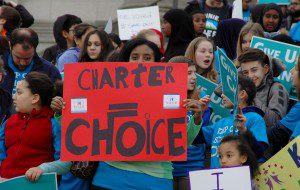
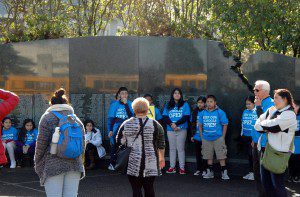
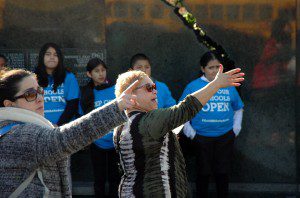
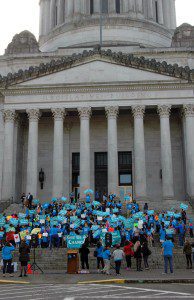
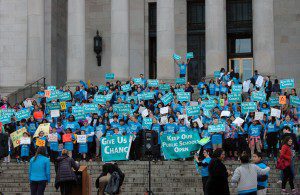
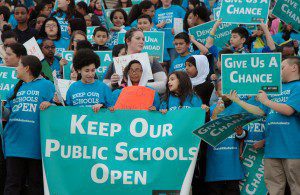
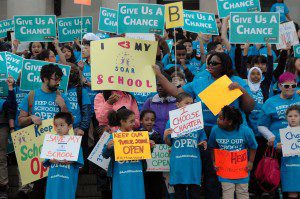
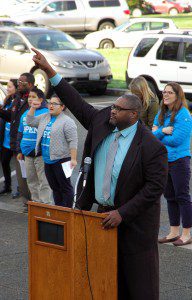
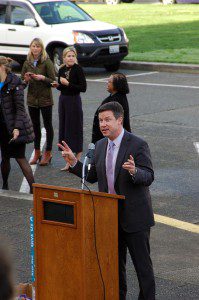
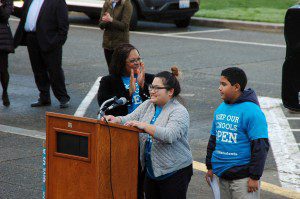
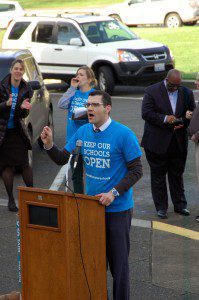
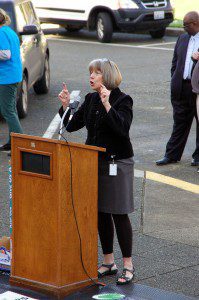
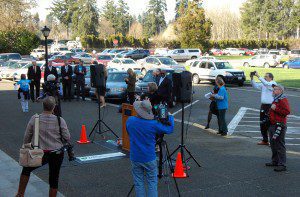
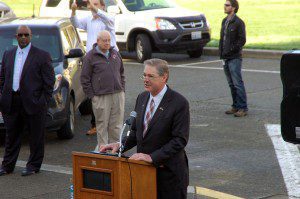
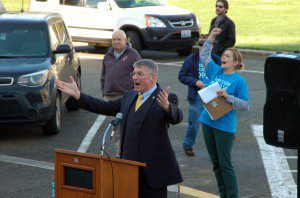
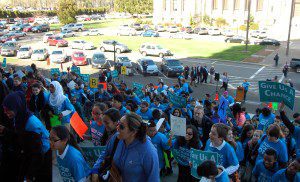
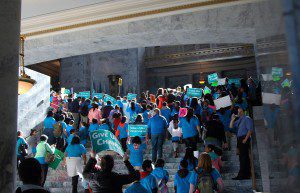
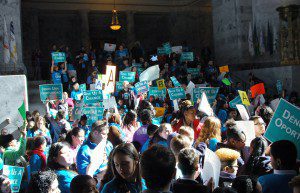
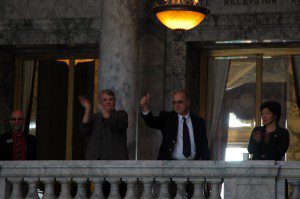

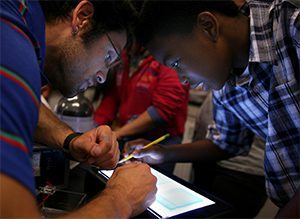 School begins at Rainier Prep on September 1 for students in grades 5 and 6. Based in the Highline area of Seattle, Rainier Prep’s mission is to prepare all students to excel at four-year colleges and become leaders in their communities. At full capacity, Rainier Prep will serve grades 5-8.
School begins at Rainier Prep on September 1 for students in grades 5 and 6. Based in the Highline area of Seattle, Rainier Prep’s mission is to prepare all students to excel at four-year colleges and become leaders in their communities. At full capacity, Rainier Prep will serve grades 5-8.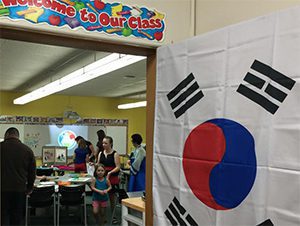 School began at Spokane International Academy on August 26 for students in kindergarten and in grades 1 and 6. Spokane International Academy’s mission is to “empower students with the academic skills, habits of mind and global competence necessary to complete advanced courses in high school and a four-year college degree in order to become leaders who can powerfully transform their communities in the future.” At full capacity, Spokane International Academy will serve grades K–8.
School began at Spokane International Academy on August 26 for students in kindergarten and in grades 1 and 6. Spokane International Academy’s mission is to “empower students with the academic skills, habits of mind and global competence necessary to complete advanced courses in high school and a four-year college degree in order to become leaders who can powerfully transform their communities in the future.” At full capacity, Spokane International Academy will serve grades K–8.